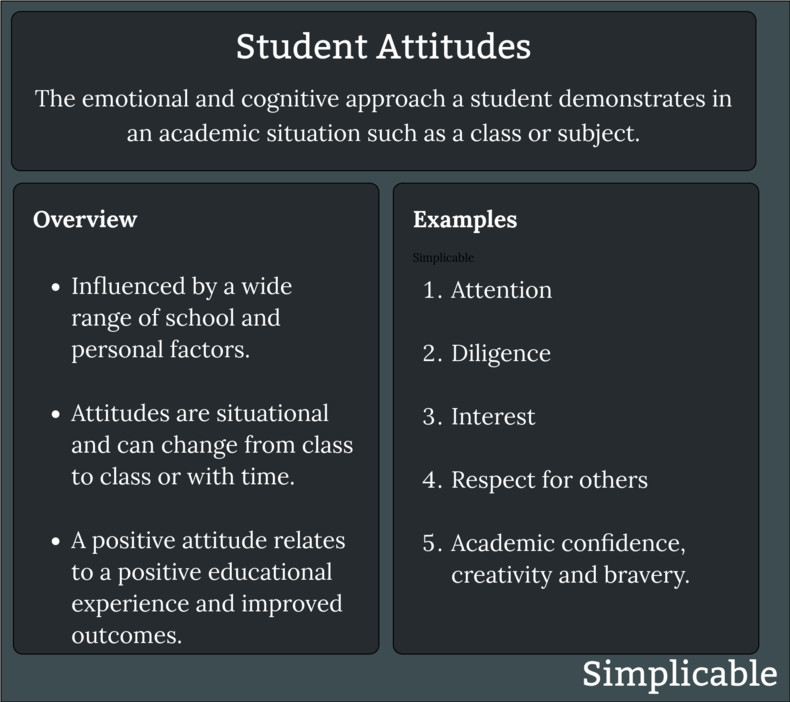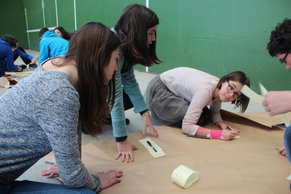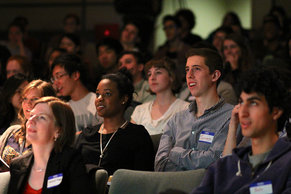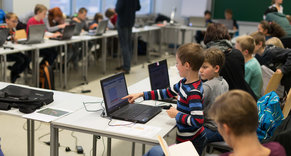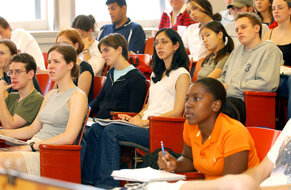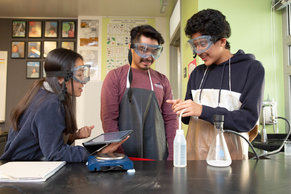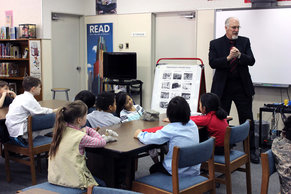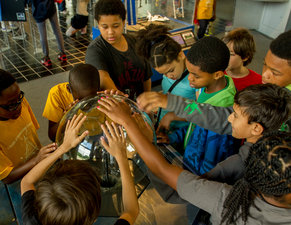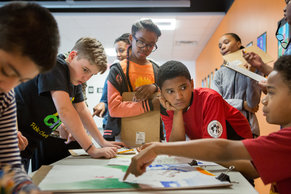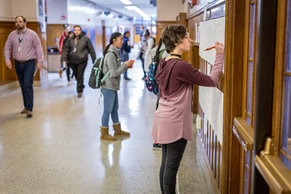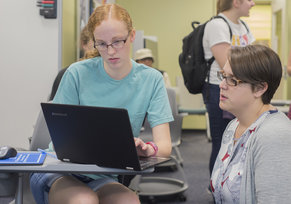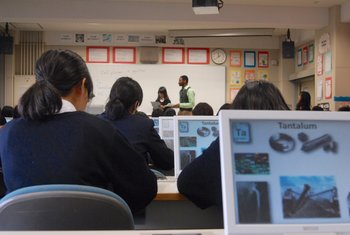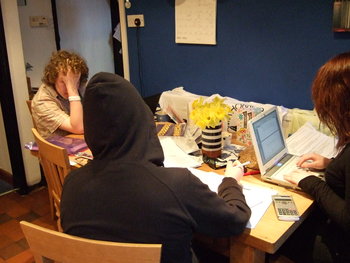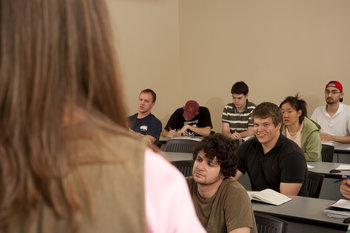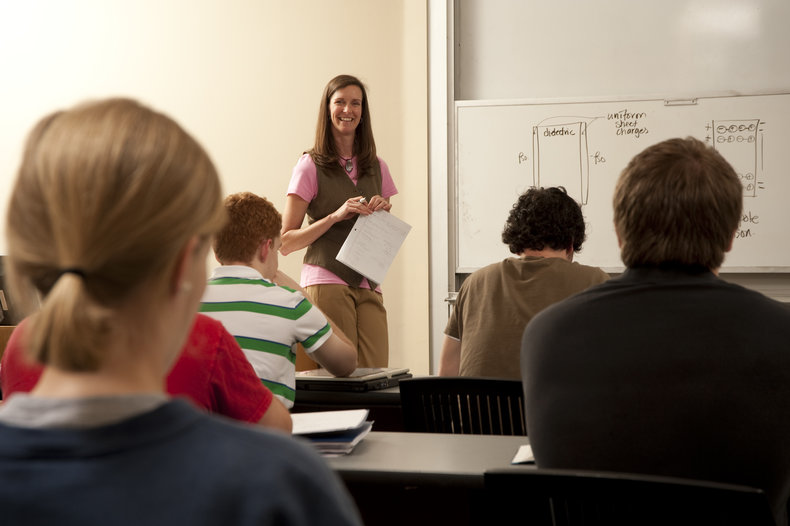
Accountable | Adaptable |
Ambitious | Analytical |
Apathetic | Artistic |
Bold | Candid |
Caring | Charismatic |
Collaborative | Committed |
Communicative | Confident |
Cooperative | Creative |
Critical | Curious |
Cynical | Dedicated |
Defeated | Defiant |
Determined | Diligent |
Discouraged | Disengaged |
Dismissive | Disrespectful |
Disruptive | Distracted |
Driven | Eager |
Efficient | Empathetic |
Engaged | Enthusiastic |
Ethical | Expressive |
Fearless | Flexible |
Focused | Friendly |
Goal-oriented | Honest |
Hostile | Impulsive |
Indifferent | Inquisitive |
Insecure | Inspired |
Intellectual | Inventive |
Irresponsible | Motivated |
Open-minded | Optimistic |
Organized | Original |
Outgoing | Passive |
Patient | Persevering |
Pessimistic | Positive |
Precise | Prepared |
Procrastinating | Punctual |
Rebellious | Reflective |
Reserved | Resigned |
Resilient | Resistant |
Resourceful | Respectful |
Responsible | Responsive |
Rigorous | Scholarly |
Self-assured | Self-disciplined |
Self-motivated | Self-reliant |
Skeptical | Sociable |
Supportive | Talented |
Tenacious | Thorough |
Unambitious | Uncommitted |
Uncooperative | Unfocused |
Unmotivated |
Positive Student Attitudes
Positive student attitudes relate to interest, self-control, enthusiasm and respect for others.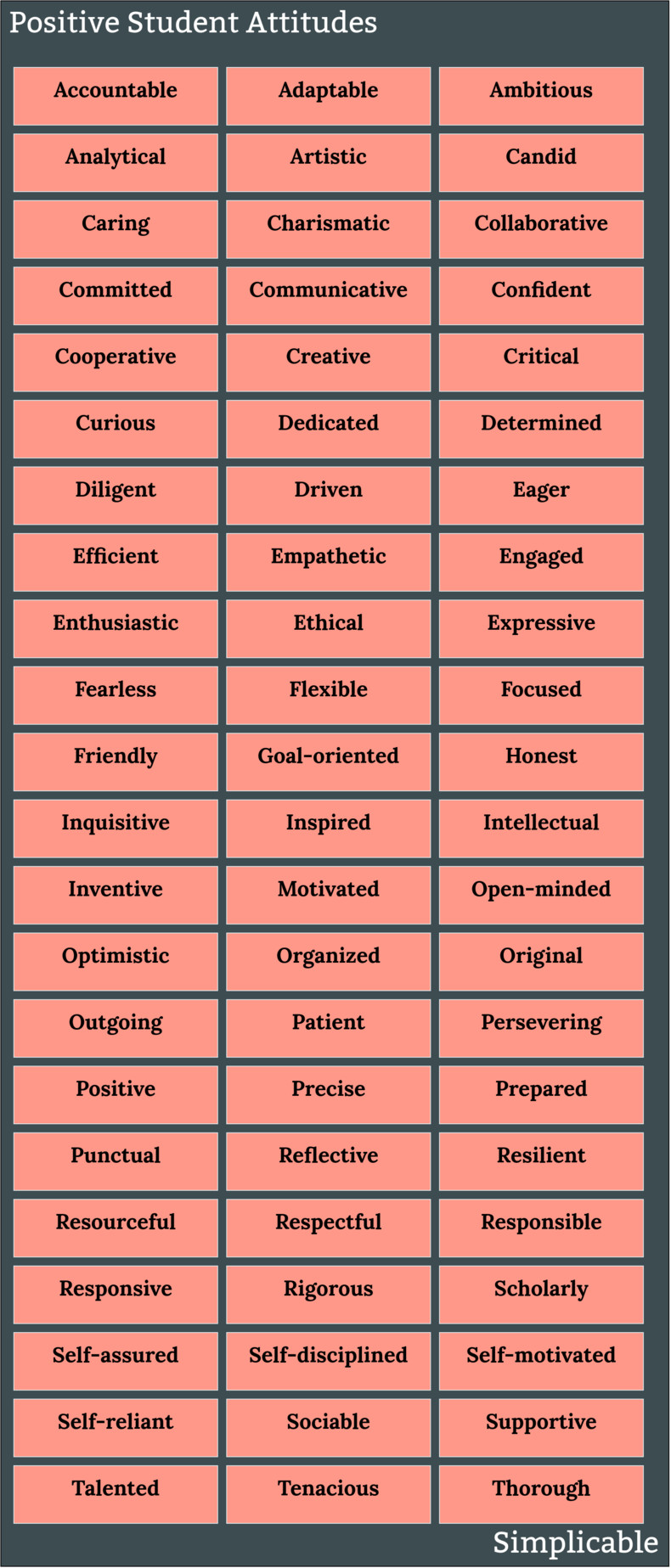
Negative Student Attitudes
Negative student attitudes relate to a lack of focus, engagement, self-control or hostility towards others.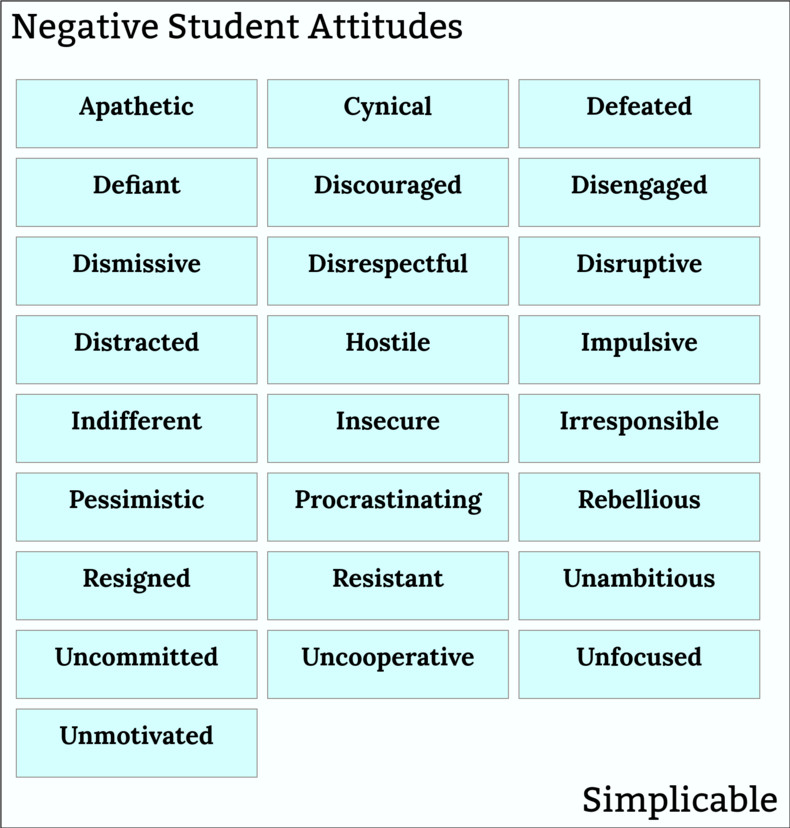
Factors Influencing Student Attitudes
Student attitudes are situational whereby a student may be diligent in one class and disruptive in the next. It is also common for a student to have a perverse attitude towards all learning for some period of time. The following are factors that may shape student attitudes.Academic confidence | Adversity a student may be facing in their life |
Assessments & testing | Bullying |
Class size | Classroom atmosphere |
Classroom culture | Classroom environment |
Classroom management | Cognitive & emotional characteristics |
Expectations placed on student | Family environment |
Goals & aspirations | Health & well-being |
Homework & assignments | Inclusivity & diversity |
Interest in subject | Learning style |
Media influences | Past experiences in school |
Peer relationships | Perceived relevance |
Personality | Positive experiences in class |
School culture | Stressful experiences in class |
Support such as parental help with homework | Teacher-student relationship |
Teaching method | Teaching style |
Summary
